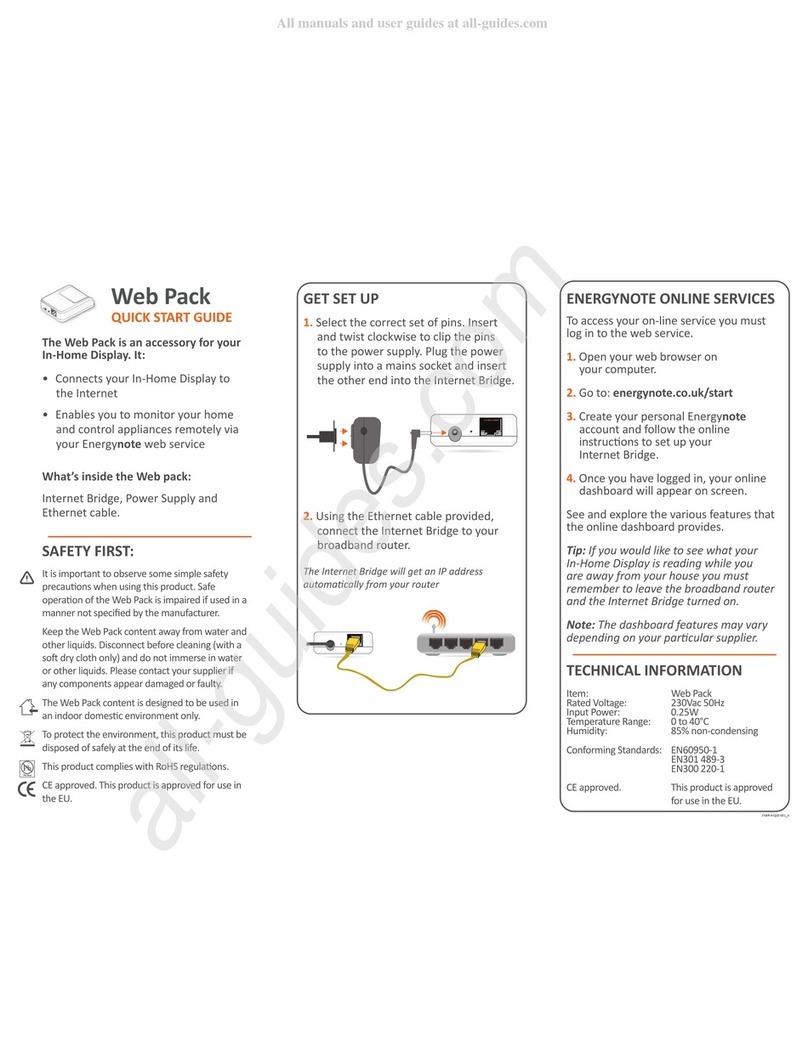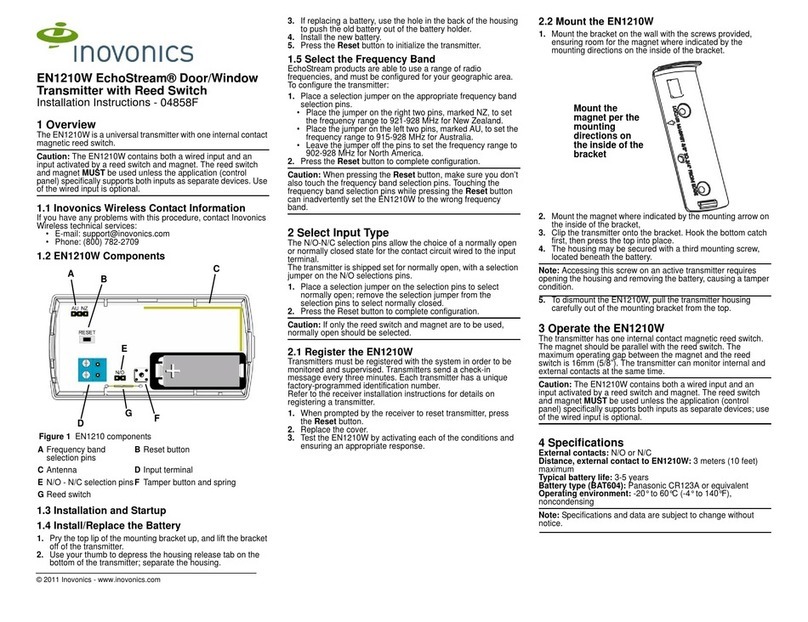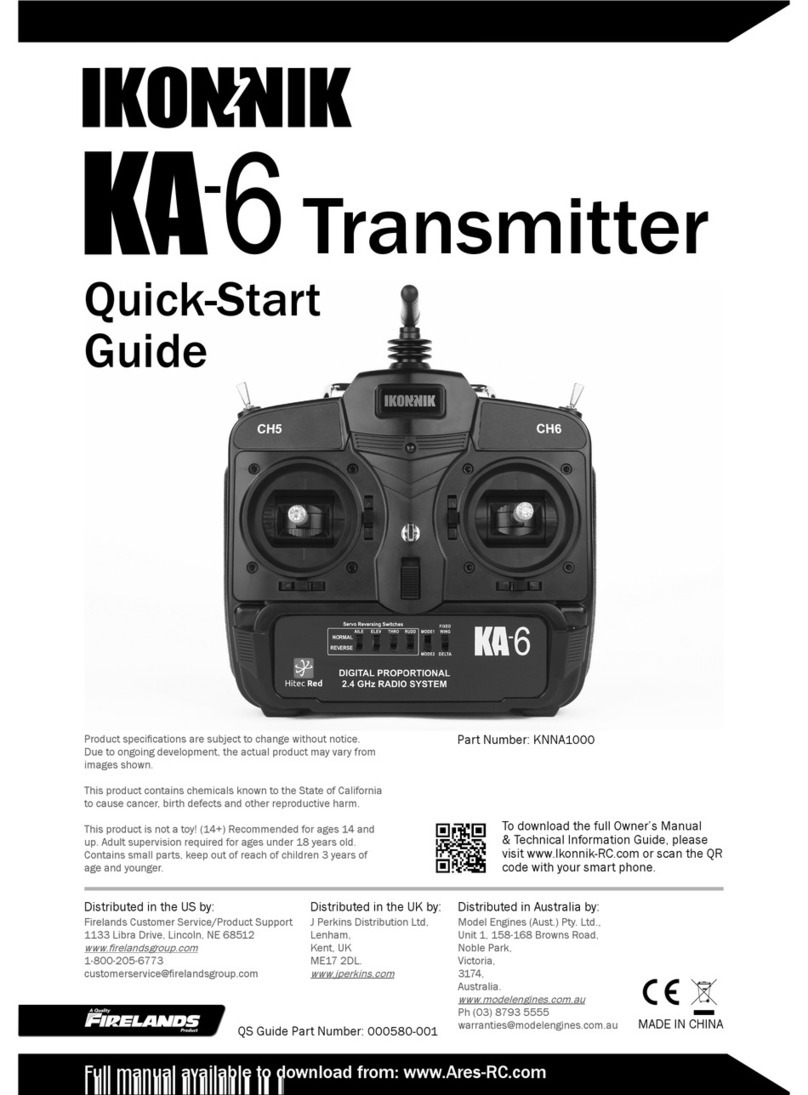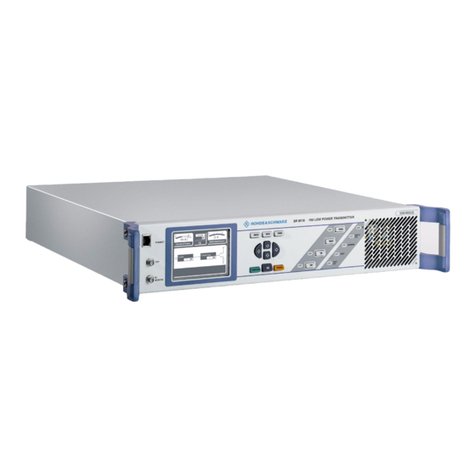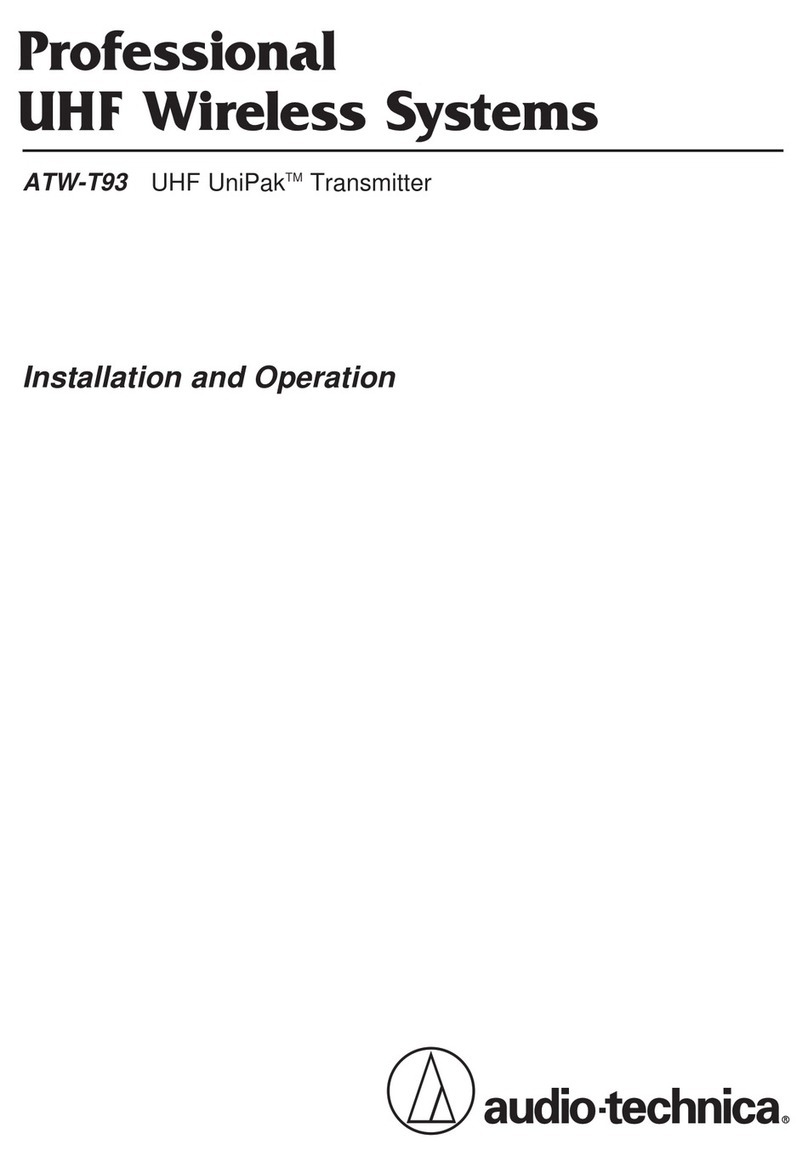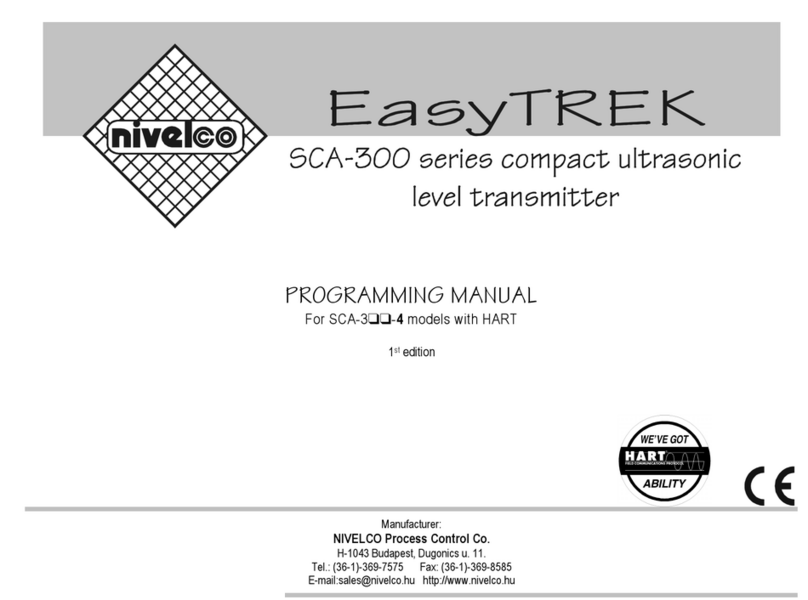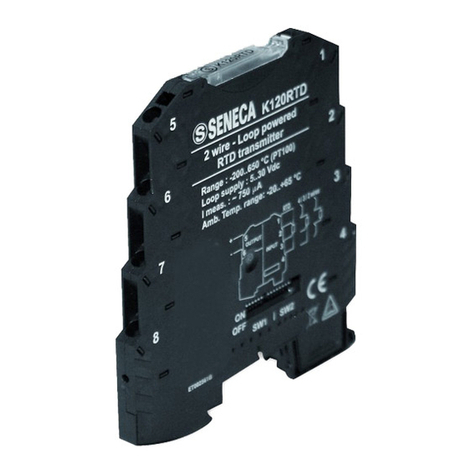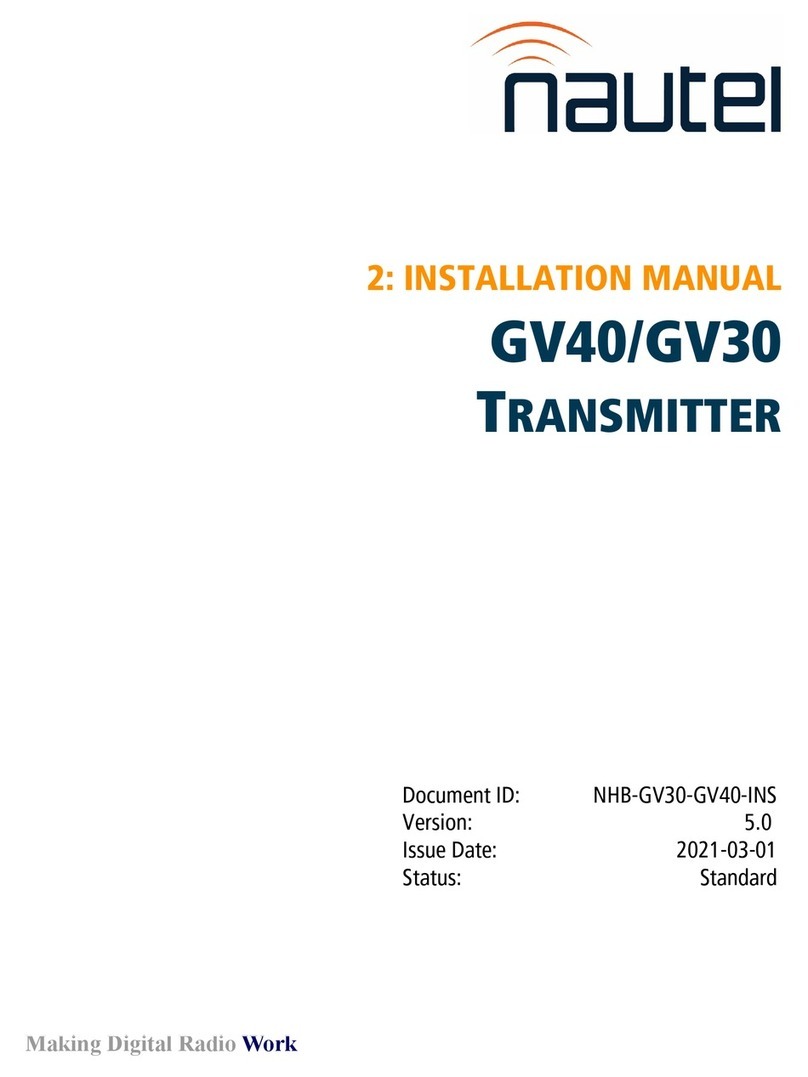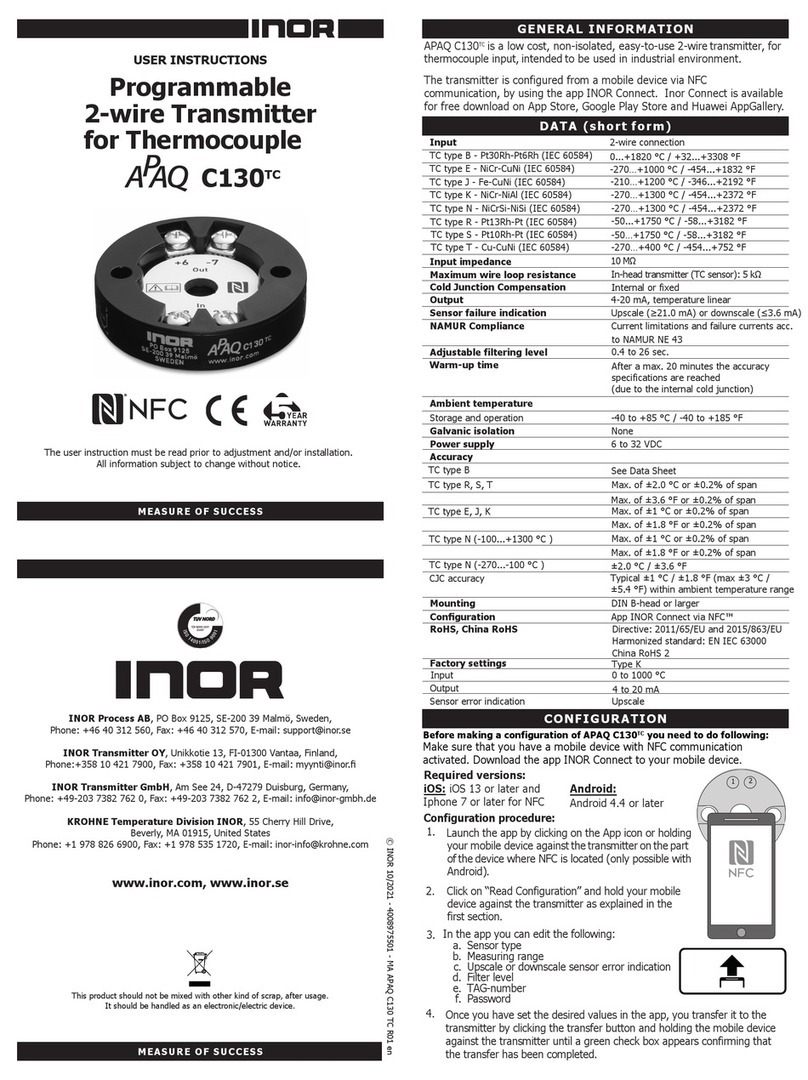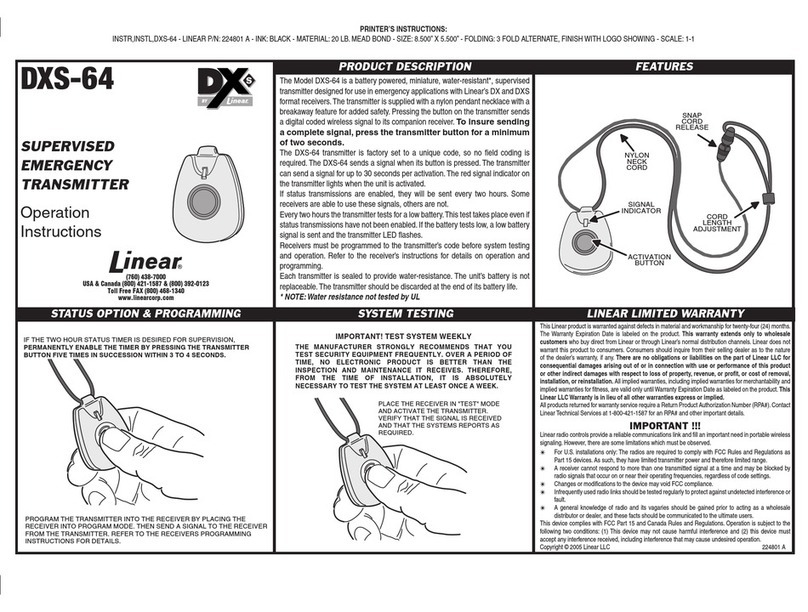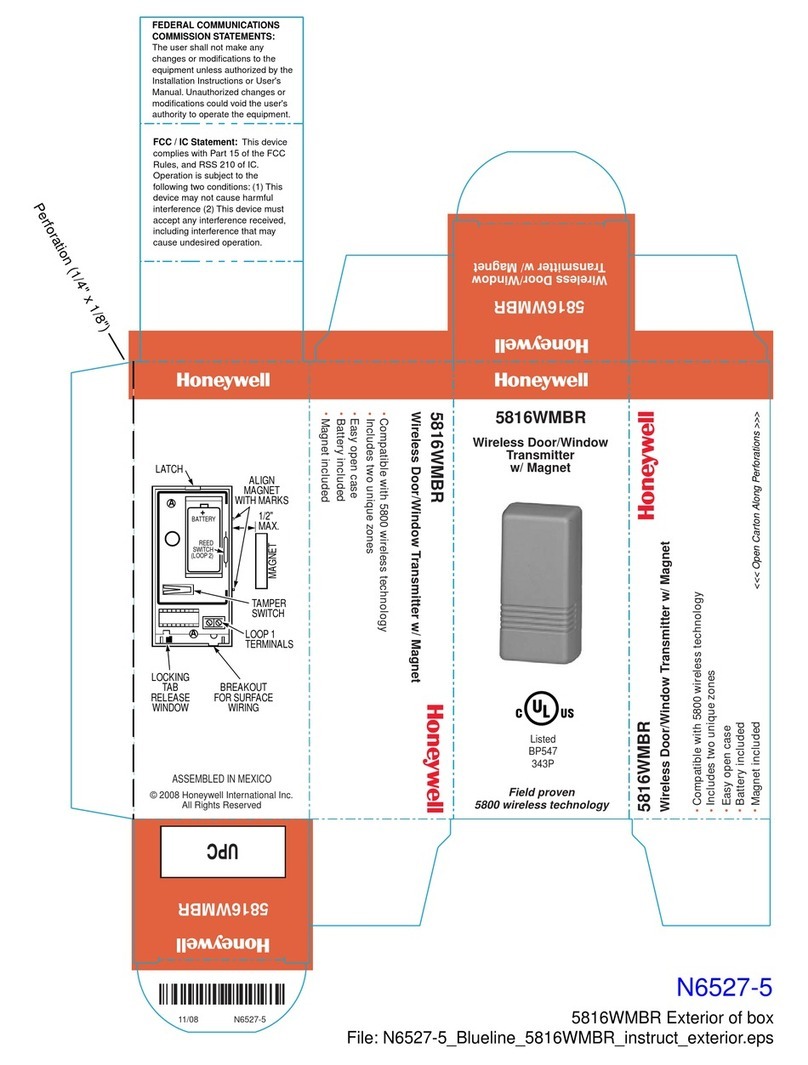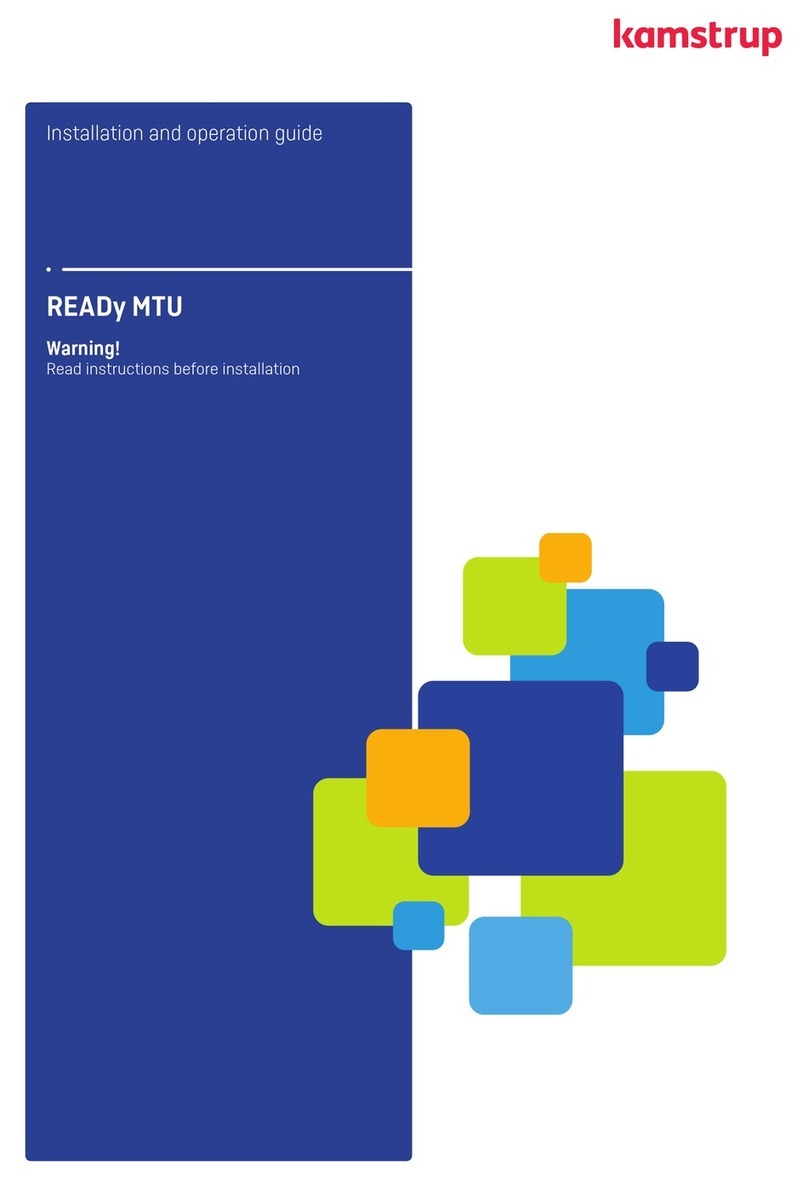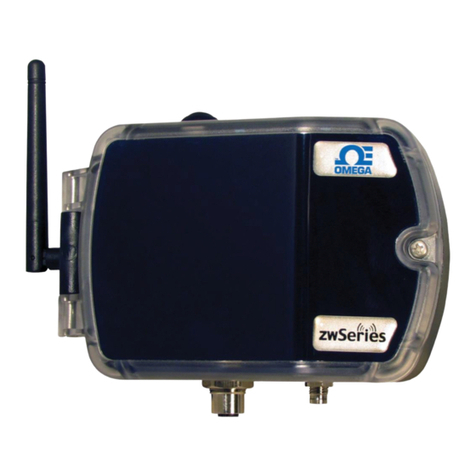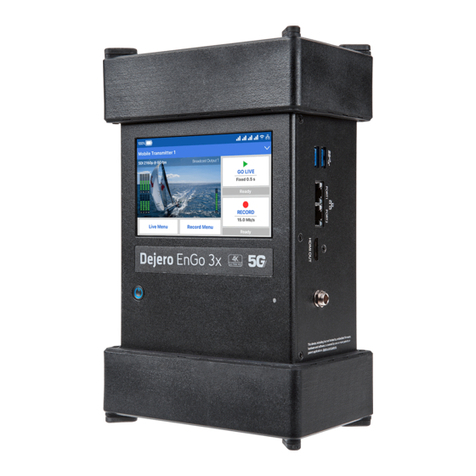2
Contents
Usage for the intended purpose ..............................................................................................................4
Safety Note.............................................................................................................................................4
Danger ...................................................................................................................................................4
ATEX (Atmosphère Explosible).................................................................................................................4
Note on the Declaration of Conformity / Declaration by the Manufacturer ..........................................4
Important Notes
Page
Explanatory Notes
Scope of supply......................................................................................................................................5
Description .............................................................................................................................................5
Function .................................................................................................................................................6
Installation notes ..................................................................................................................................15
Attention...............................................................................................................................................15
Note .....................................................................................................................................................15
Mounting conductivity transmitter.........................................................................................................15
Installation
Electrical Connection
Technical Data
LRGT 16-1, LRGT 16-2, LRGT 17-1..................................................................................................... 7, 8
Name plate / marking .............................................................................................................................9
Dimensions...................................................................................................................................10 – 12
Key.......................................................................................................................................................14
Examples of installation .................................................................................................................. 16, 17
Key.......................................................................................................................................................17
Tools.....................................................................................................................................................17
Examples of Installation
LRGT 16-1, LRGT 16-2, LRGT 17-1.......................................................................................................13
Key.......................................................................................................................................................14
Functional Elements
LRGT 16-1, LRGT 16-2, LRGT 17-1.......................................................................................................18
Connecting the conductivity transmitter.......................................................................................... 18, 19
Key.......................................................................................................................................................10
Safety power supply unit for LRGT 16-1, LRGT 16-2, LRGT 17-1...........................................................20
Tools ....................................................................................................................................................20
Wiring diagram for conductivity transmitter LRGT 16-1, LRGT 17-1 ......................................................20
Wiring diagram for conductivity transmitter LRGT 16-2.........................................................................21
